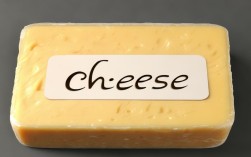英语中关于"吃"的词汇远比我们想象的丰富,不同场合、不同食物、不同吃法都有对应的精准表达,掌握这些词汇不仅能提升英语表达能力,还能更准确地理解英语文化中的饮食细节。
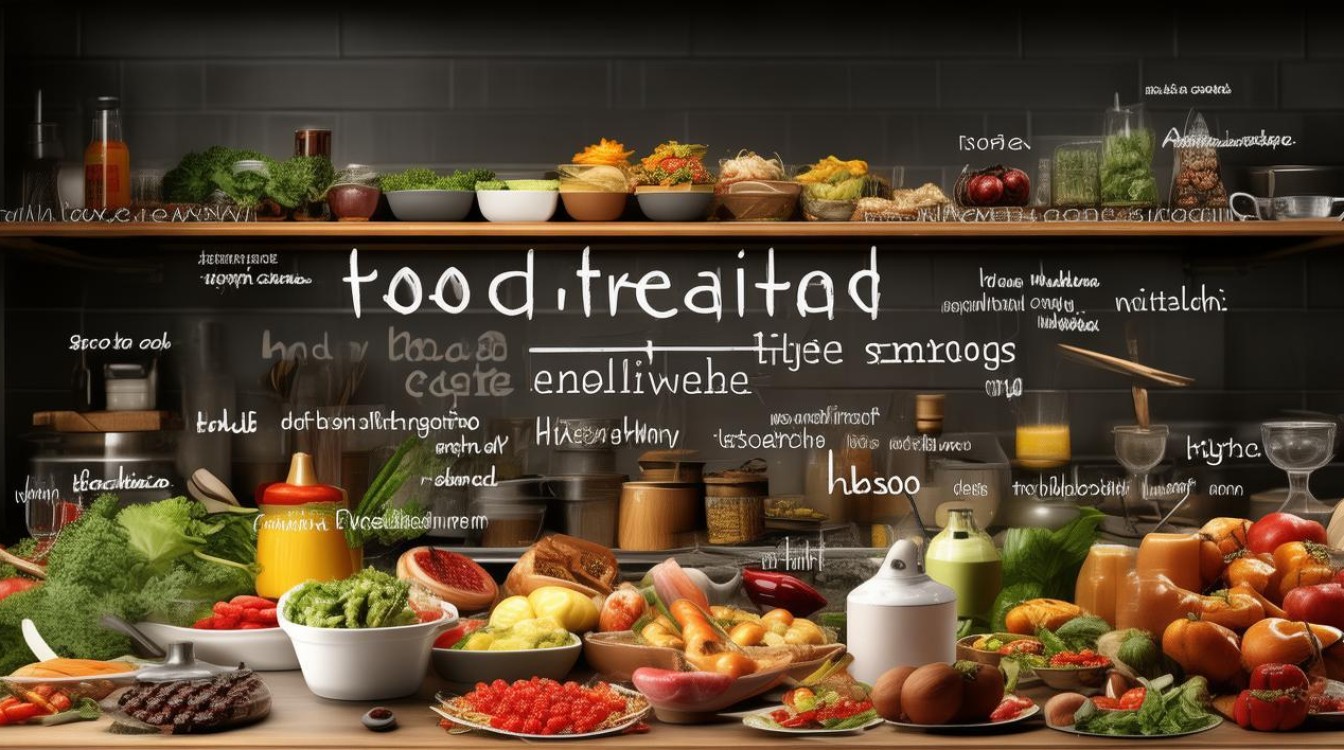
基础动词:最常用的"吃"
Eat是最通用的动词,适用于大多数进食场景:
- I eat breakfast at 7 am.(我早上7点吃早餐)
- She eats like a bird.(她吃得很少)
Have在口语中常替代eat,显得更自然:
- Let's have lunch together.(我们一起吃午饭吧)
- He's having a sandwich.(他正在吃三明治)
Consume更正式,常见于书面语或专业场合:
- The average American consumes 2000 calories daily.(美国人平均每天摄入2000卡路里)
描述不同进食方式的动词
Nibble表示小口吃、慢慢品尝:
- She nibbled on some crackers while working.(工作时她小口吃着饼干)
Munch强调咀嚼时发出的声音:
- He was munching popcorn at the cinema.(他在电影院嚼着爆米花)
Devour形容狼吞虎咽:
- The kids devoured the pizza in minutes.(孩子们几分钟就狼吞虎咽地吃完了披萨)
Gobble特指快速贪婪地吃:
- Don't gobble your food like that!(别那样狼吞虎咽!)
Chew专指咀嚼动作:
- Chew your food properly before swallowing.(吞咽前要充分咀嚼食物)
Sip用于喝液体时小口啜饮:
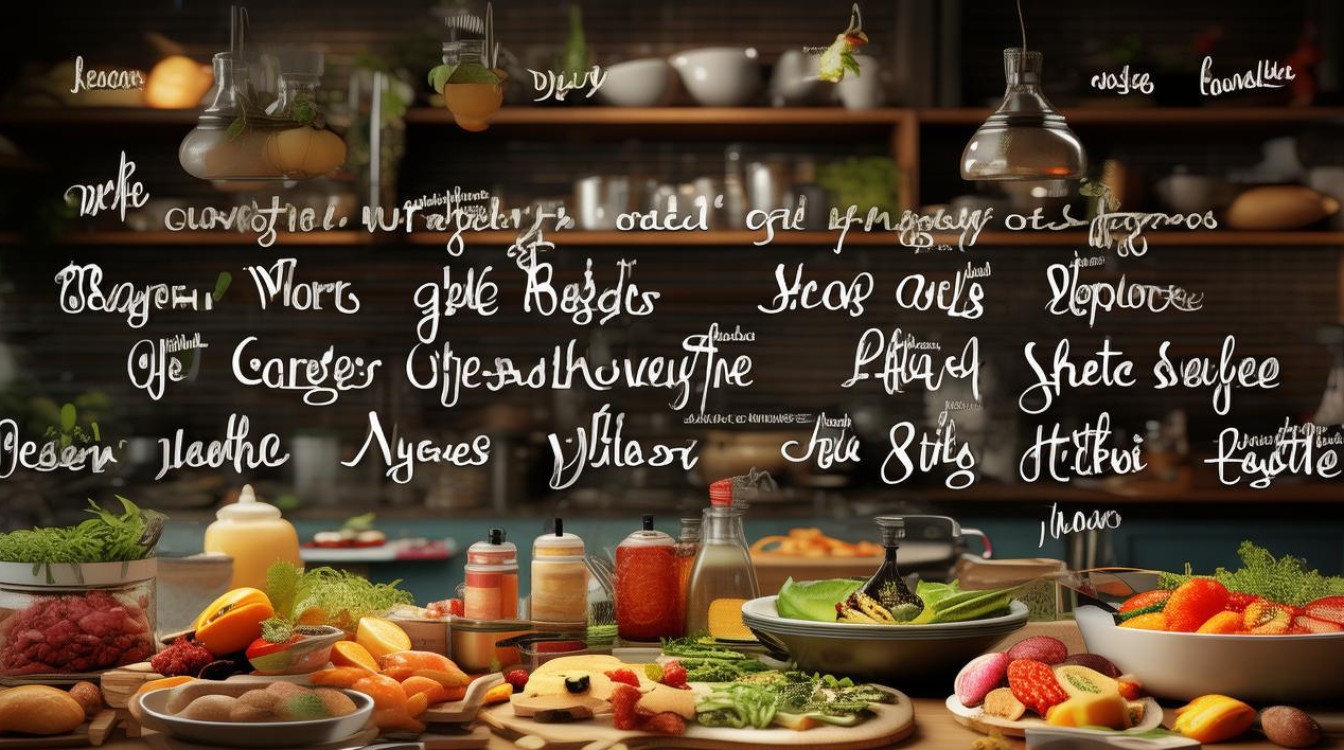
- She sipped her tea while reading.(她边读书边小口喝茶)
特殊场合的"吃"
Dine指正式用餐,通常在外就餐:
- We're dining at that new French restaurant tonight.(今晚我们要在那家新开的法国餐厅用餐)
Feast表示盛宴、大吃大喝:
- They feasted on roast turkey at Thanksgiving.(感恩节他们大啖烤火鸡)
Graze形容像动物吃草一样少量多次进食:
- I've been grazing on snacks all afternoon.(我整个下午都在吃零食)
Picnic专指野餐:
- Let's picnic by the lake this weekend.(这周末我们去湖边野餐吧)
描述特定食物的动词
Peel指剥皮后吃:
- He peeled an orange for dessert.(他剥了个橙子当甜点)
Slice表示切片食用:
- Slice the cake before serving.(上桌前把蛋糕切片)
Dip指蘸酱吃:
- We dipped bread in olive oil.(我们用面包蘸橄榄油)
Spread用于涂抹类食物:
- She spread butter on her toast.(她在吐司上涂黄油)
文化差异中的"吃"
英语中不同文化背景的饮食方式也有专门表达:
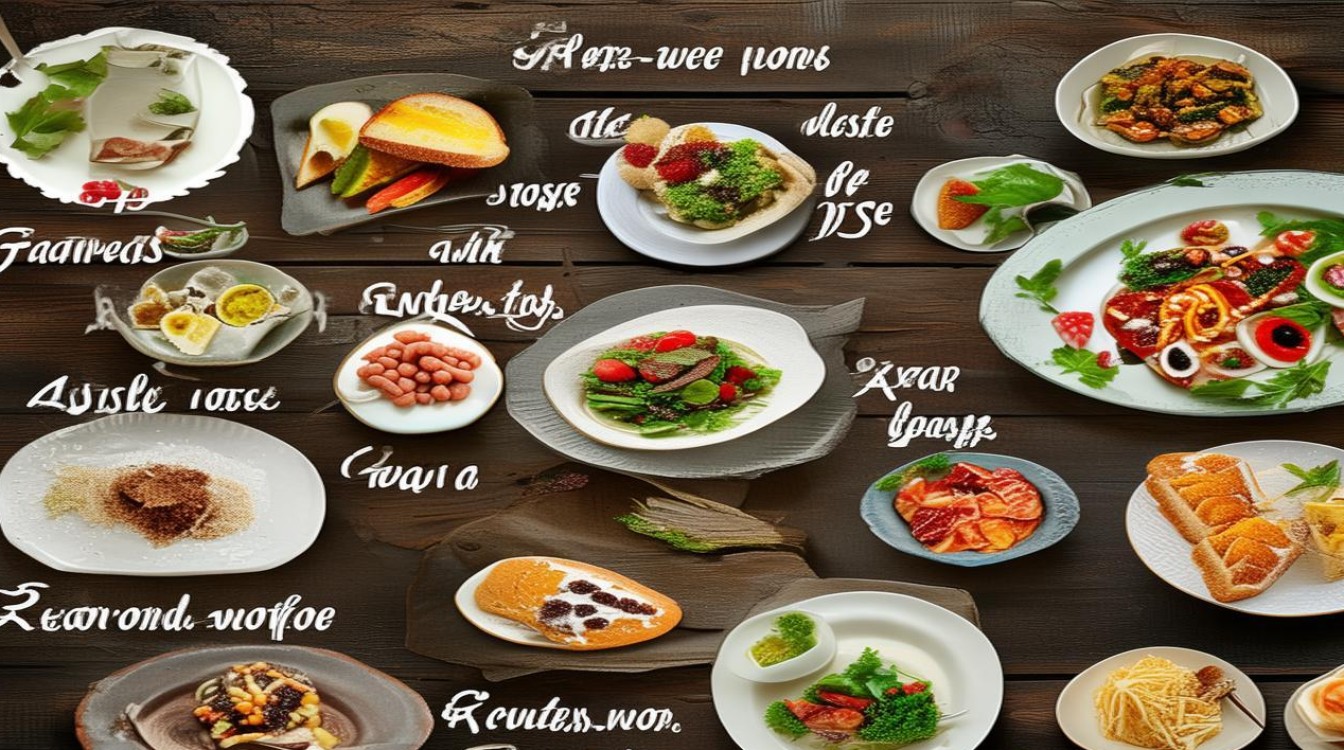
Brunch是早餐和午餐合二为一的早午餐:
- Sunday brunch has become a tradition.(周日早午餐已成为传统)
High tea指英式下午茶:
- The hotel serves high tea at 4 pm.(酒店下午4点供应下午茶)
Potluck是每人带一道菜的聚餐:
- We're having a potluck dinner next Friday.(下周五我们要办百乐餐)
专业领域的"吃"
医学和营养学中有更专业的表达:
Ingest是医学术语,指摄入:
- The patient cannot ingest solid food.(病人不能摄入固体食物)
Absorb描述营养吸收:
- The body absorbs nutrients in the small intestine.(营养物质在小肠被吸收)
Metabolize指代谢食物:
- Alcohol is metabolized by the liver.(酒精由肝脏代谢)
负面含义的"吃"
有些词汇带有负面含义:
Binge表示暴饮暴食:
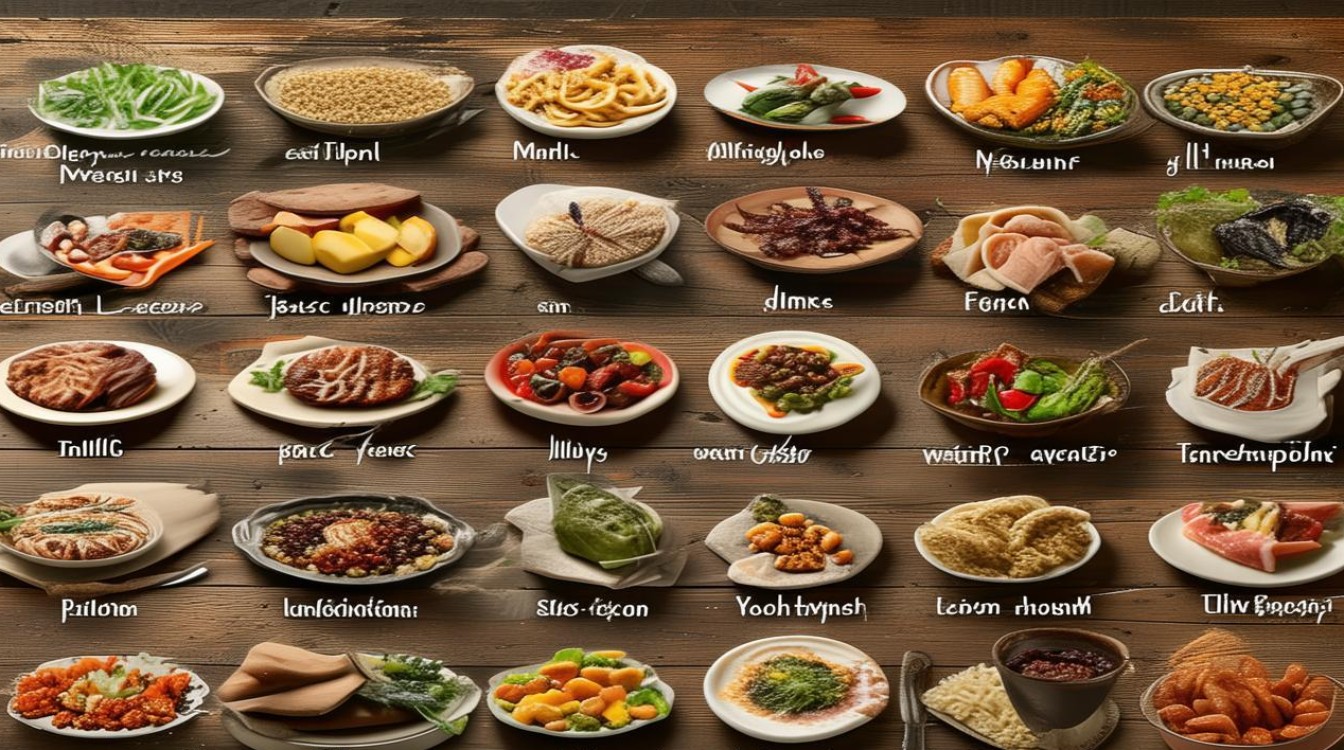
- He binged on junk food during the exam week.(考试周他暴饮垃圾食品)
Overeat指吃得过多:
- It's easy to overeat at buffets.(自助餐很容易吃过量)
Pig out是非常口语化的暴食表达:
- We pigged out on pizza last night.(昨晚我们大吃披萨)
有趣的习语表达
英语中有大量与吃相关的习语:
Eat like a horse(吃得很多)
Eat one's words(食言)
Bite off more than one can chew(贪多嚼不烂)
Have one's cake and eat it too(鱼与熊掌兼得)
Eat someone out of house and home(把某人吃穷)
不同人群的"吃"
Breastfeed(母乳喂养)
Bottle-feed(奶瓶喂养)
Wean(断奶)
Finger-feed(手抓食物)
英语中关于吃的词汇如此丰富,反映了饮食在人类文化中的核心地位,从日常用餐到特殊场合,从健康饮食到不良习惯,每个场景都有对应的精准表达,理解这些词汇的细微差别,才能真正吃透英语中的饮食文化。
掌握这些表达后,无论是点餐、聊美食还是阅读英文食谱都会更加得心应手,语言学习就像品尝美食,需要慢慢咀嚼才能体会其中滋味。

